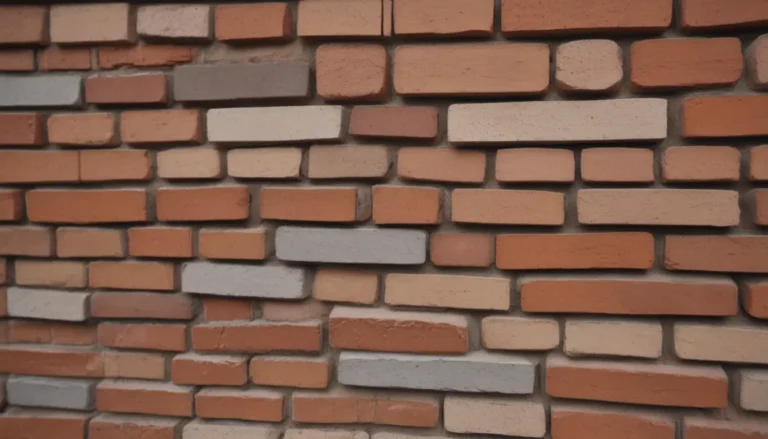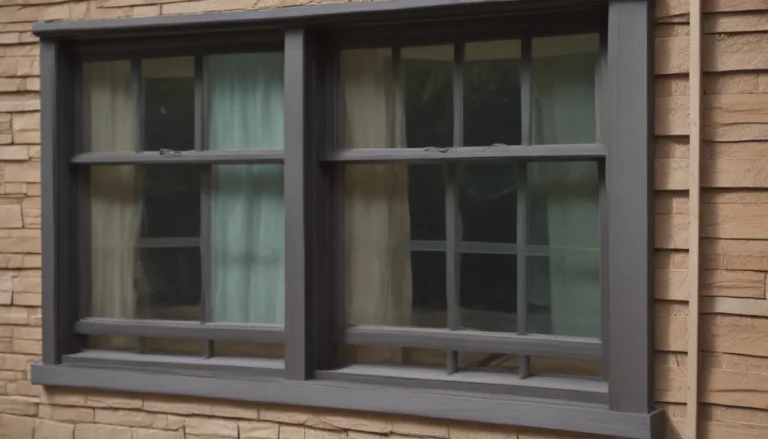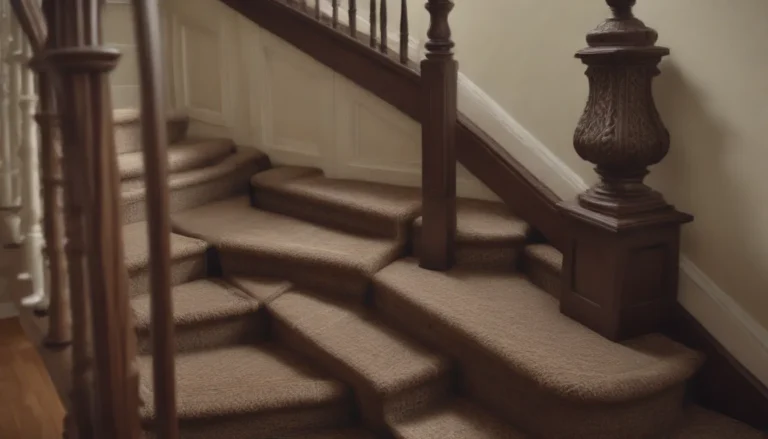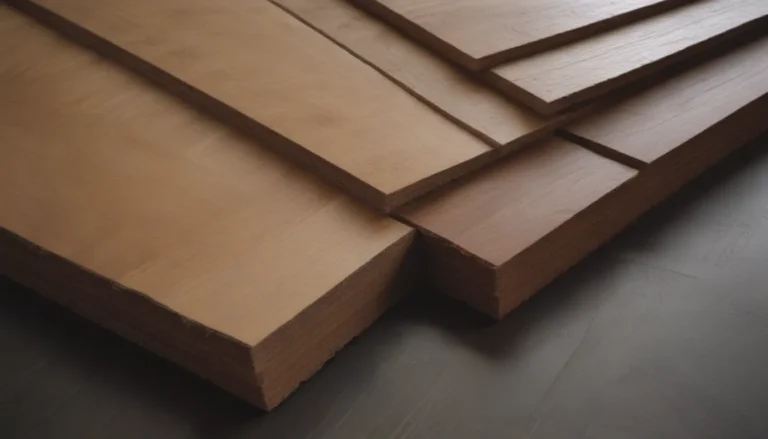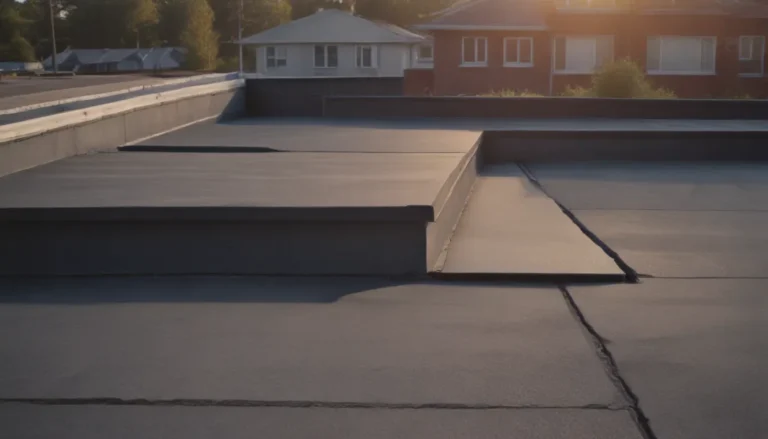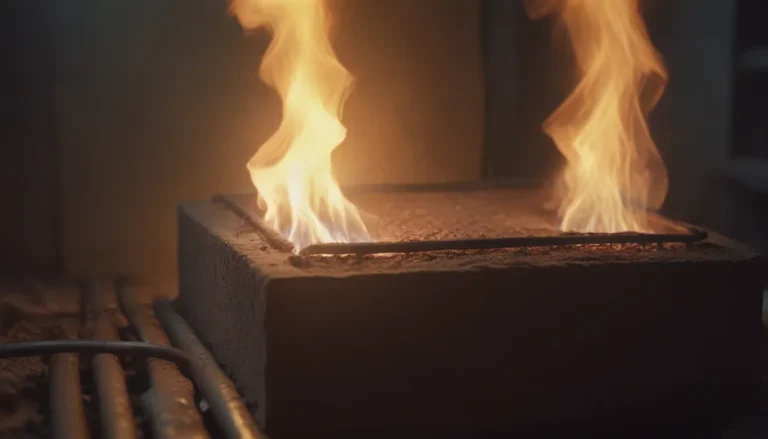The Ultimate Guide to Stone Driveways: Exploring the Pros and Cons
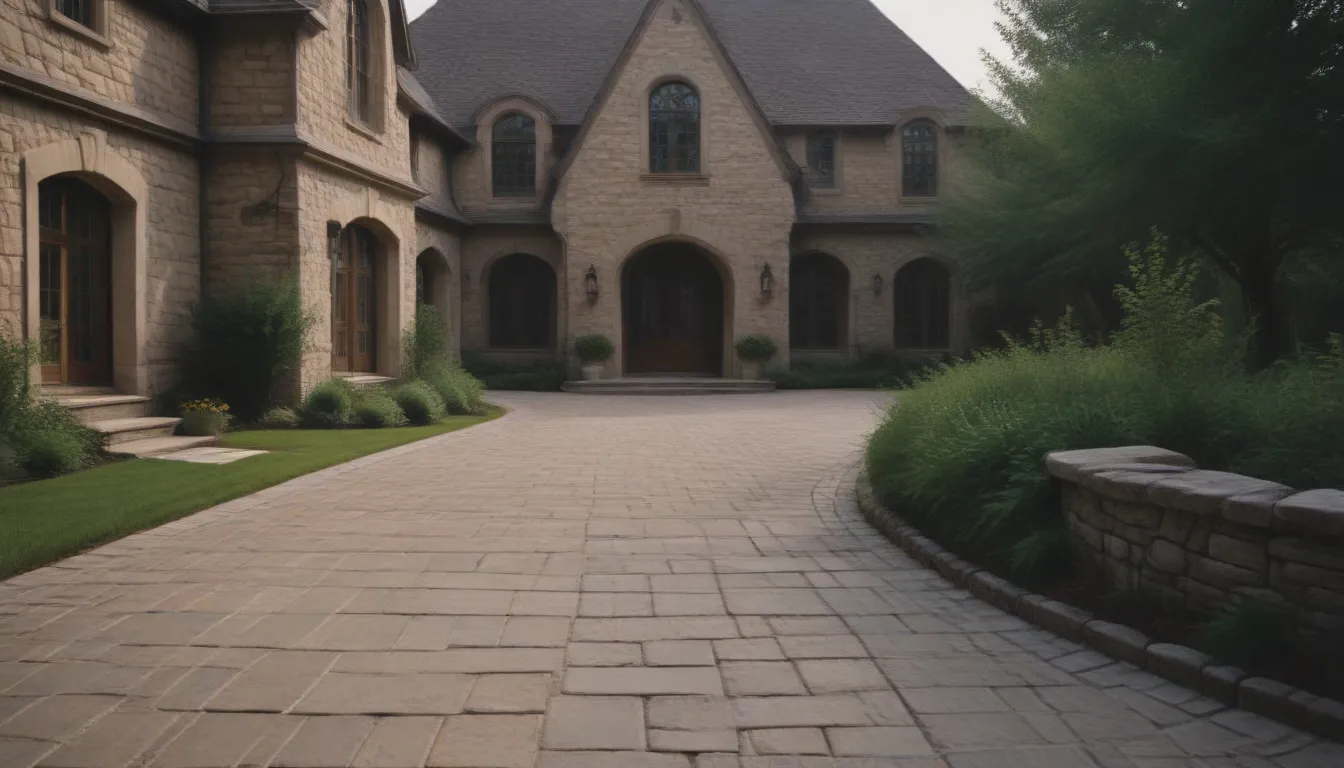
Stone driveways have a timeless appeal that can elevate the look of any home. If you’re considering this classic option for your driveway, it’s essential to weigh the pros and cons before making a decision. From costs to materials used, maintenance, longevity, installation process, erosion, and other driveway options, there is a lot to consider when it comes to stone driveways.
Costs of Stone Driveways
The cost of a stone driveway can vary depending on the type of stone and the depth of the stone and gravel base. On average, you can expect to spend between $1 to $4 per square foot for a stone driveway. However, if you’re willing to do some of the work yourself, you can save on costs. Keep in mind that stone pavers and cobblestones are more expensive options, ranging from $15 to $60 per square foot and $20 to $70 per square foot, respectively. In comparison, paved concrete driveways cost $4 to $15 per square foot, while asphalt driveways cost $7 to $13 per square foot.
Pros of Stone Driveways
- Timeless and classic appearance
- Enhances the curb appeal of your home
- Durable and long-lasting
- Easy to maintain with regular upkeep
Cons of Stone Driveways
- Higher initial cost compared to other driveway options
- Requires regular maintenance to keep the surface smooth
- Prone to erosion and may need ground stabilizers for sloped driveways
Choosing the Right Materials
When it comes to stone driveways, the type of stone you choose can make a significant difference. Gravel driveways are typically composed of a mixture of rocks, sand, and clay compacted into a stable surface. On the other hand, a stone driveway consists of loose stones placed over a gravel base. It’s essential to understand the differences between these materials and their impact on the overall look and feel of your driveway.
Pros of Materials Used
- Versatility in design and appearance
- Natural, earthy look that complements any home style
- Provides excellent drainage for rainwater
Cons of Materials Used
- Loose stones may stray and require occasional raking
- Higher maintenance compared to other driveway options
Maintenance and Longevity of Stone Driveways
While stone driveways require regular maintenance, they can last for a lifetime with proper care. Loose stones may stray, so it’s essential to rake around the edges periodically. Building a border with bricks or cobblestones can help contain the stones and reduce maintenance. Additionally, smoothing and grading the surface regularly and clearing weeds that grow through the stones are necessary upkeep tasks. With minimal maintenance, your stone driveway can look as good as new even after a century.
Pros of Maintenance and Longevity
- Durable and long-lasting surface
- Minimal maintenance required for upkeep
- Adds value to your home with its classic appeal
Cons of Maintenance and Longevity
- Regular maintenance tasks are essential to preserve the look of the driveway
- Erosion and wear over time may require replenishing gravel
Installation Process and Erosion Prevention
Installing a new stone driveway involves removing sod and topsoil, grading the surface, and adding a gravel base topped with stone. It’s crucial to dig deep enough to ensure a stable foundation for your driveway. Additionally, adding a border with bricks or cobblestones can help contain the loose stones and prevent erosion. For sloped driveways, ground stabilizers like honeycombed cells can hold the gravel in place. As gravel wears down over time, it may need to be replenished to maintain the driveway’s appearance.
Pros of Installation Process
- Customizable design options to suit your preferences
- Durable and stable surface for your driveway
- Adds value to your home with its classic appeal
Cons of Installation Process
- Requires significant groundwork for preparation
- Erosion prevention measures may be necessary for sloped driveways
Exploring Other Driveway Options
Apart from stone driveways, there are several other options to consider for your driveway, each with its unique pros and cons. Paved concrete and asphalt driveways are popular choices that offer durability and longevity. Concrete pavers and bricks are also excellent options that provide a classic look to your driveway. While each option comes with its own set of costs and maintenance requirements, it’s essential to choose a driveway material that suits your budget and preferences.
Pros and Cons of Other Driveway Options
- Paved concrete driveways: long-lasting surface with proper maintenance
- Asphalt driveways: cost-effective option but may require more frequent repairs
- Concrete pavers: easy to install and interlock without mortar
- Bricks: durable surface with a classic appeal, suitable for various home styles
- Cobblestones: long-lasting and timeless surface, but more expensive to install
Conclusion
In conclusion, stone driveways offer a classic and timeless appeal that can elevate the look of your home. While they come with some pros and cons in terms of costs, materials used, maintenance, and installation, the overall value they add to your property is undeniable. With proper care and maintenance, a stone driveway can last for a lifetime and enhance the curb appeal of your home. Consider all the factors discussed in this guide before making a decision on whether a stone driveway is the right choice for your property.
